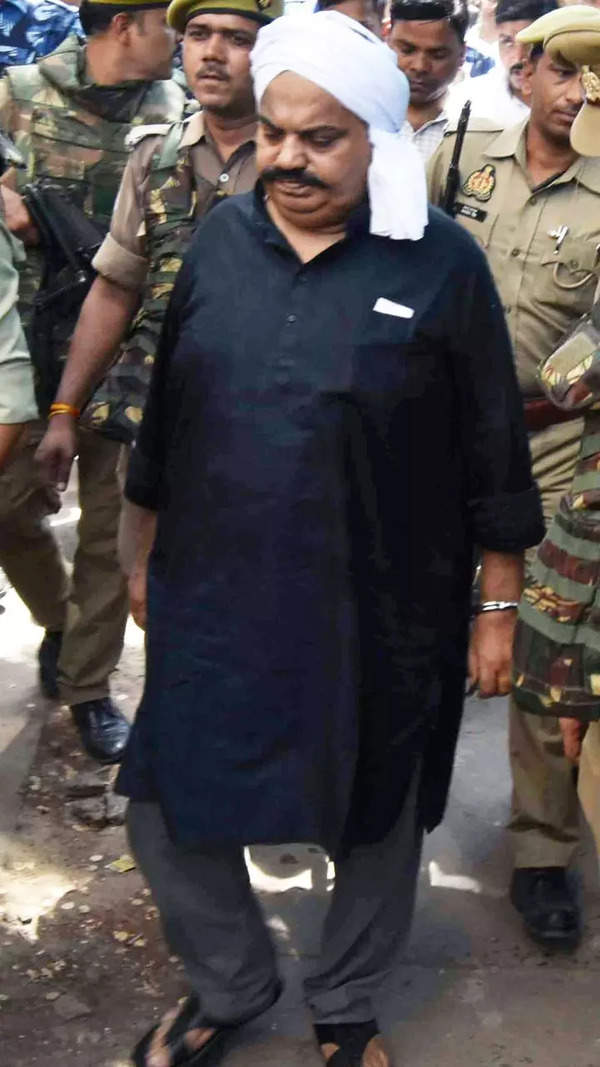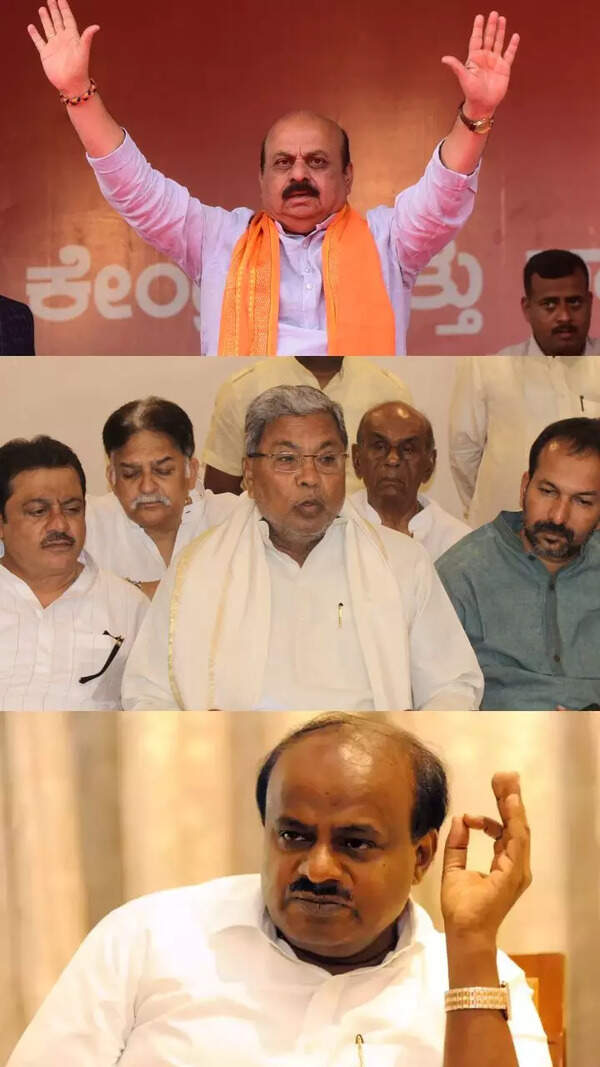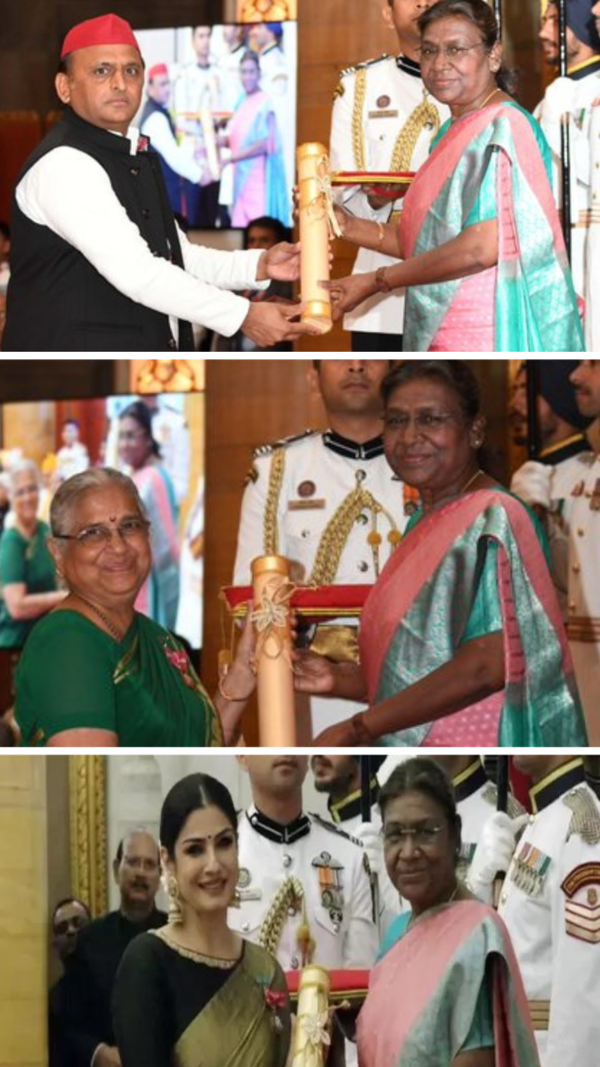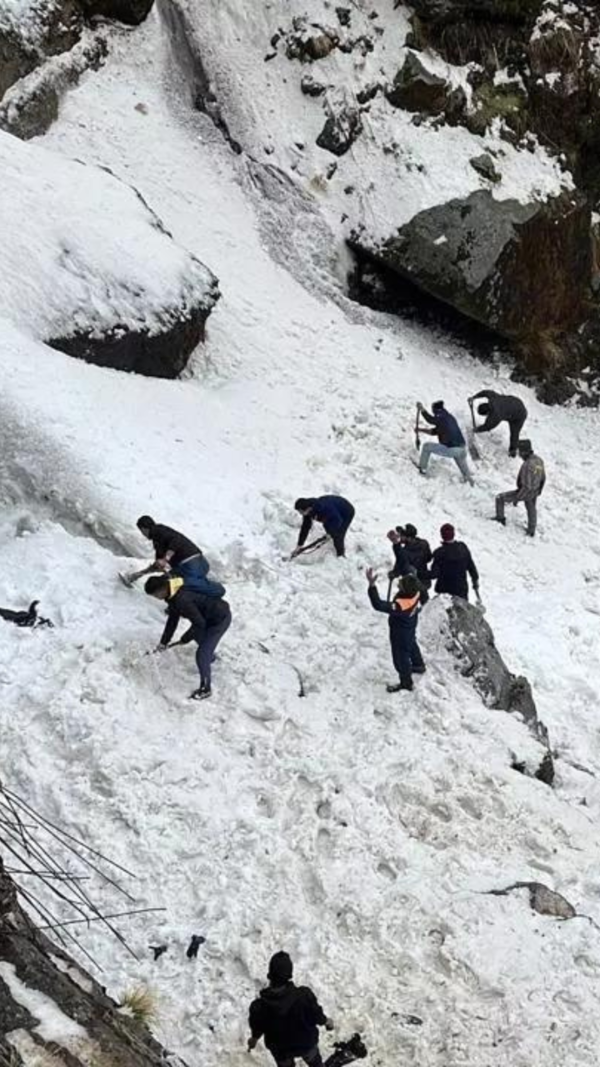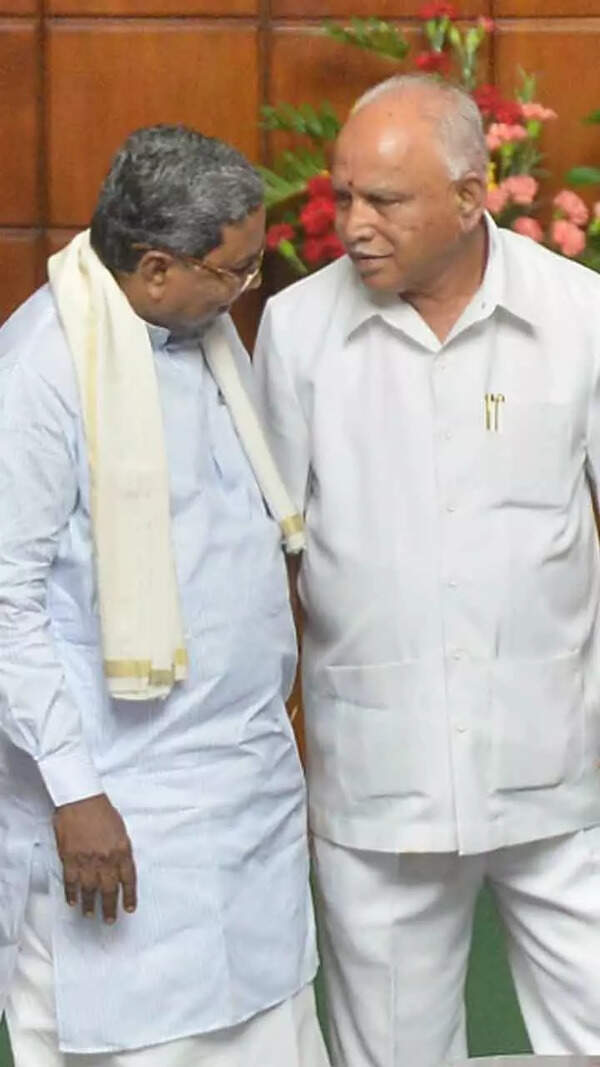- News
- City News
- patna News
- Hindu man fasts during Ramzan, Muslim friend celebrates Chhath in Bihar's Gaya
Trending Topics
Hindu man fasts during Ramzan, Muslim friend celebrates Chhath in Bihar's Gaya
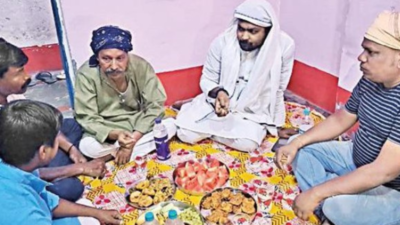
Amardeep Kumar Sinha (in white kurta) and his friend Naseem Akhtar (on his right) break fast after daylong roza in Gaya
PATNA: A Hindu man from Gaya has been observing Ramzan fast for the last eight years to promote communal harmony in the society. He gets up early in the morning for "Sehri" (the morning meal eaten by Muslims before sunrise) and then breaks his daylong fast in the evening in the company of Muslim friends.
Amardeep Kumar Sinha, a resident of Bangla Sthan locality in Gaya town, began fasting like a devout Muslim during Ramzan on being advised by some Muslim friends one day after suffering huge losses in the business.
"My economic condition was poor after I suffered huge losses in every business that I started. Then I started observing fast during Ramzan in 2015 and by the grace of God, happiness returned to my family," 38-year-old Sinha told TOI on Friday. "I will keep Roza till I am alive and my priority is now to bridge the gap between the two communities and promote communal harmony in society. All religions are one," Sinha said.
He gets full cooperation from his family members who prepare food as per his requirement. The situation turns joyous when his Muslim friends join Sinha for breaking the fast in the evening. Fruits, fritters, and dates - everything is available on the platter.
Naseem Akhtar, one of his Muslim friends, who is usually seen joining his iftar, has a high regard for Sinha, who works with a missionary zeal to ensure that followers of all faiths live in peace and harmony.
"We all are one and Sinha has been doing a wonderful job to build bridges in society," said Akhtar, who has been observing Chhath for the past 20 years. He began celebrating Chhath after his son Mohammad Bhola, who was suffering from liver ailments, got cured. "Sabhi dharm ek hain," he sums up, explaining why his son has the surname Bhola.
The 60-year-old Akhtar along with his family celebrates Chhath with another Hindu friend Amar Chandravanshi (65), who is from a very modest background.
The Akhtar family participates in all the rituals except observing fast. He contributes Chhath material also to his Hindu friend.
"It's a good practice for humanity. We must appreciate it," said social scientist Professor Sachindra Narayan.
Amardeep Kumar Sinha, a resident of Bangla Sthan locality in Gaya town, began fasting like a devout Muslim during Ramzan on being advised by some Muslim friends one day after suffering huge losses in the business.
"My economic condition was poor after I suffered huge losses in every business that I started. Then I started observing fast during Ramzan in 2015 and by the grace of God, happiness returned to my family," 38-year-old Sinha told TOI on Friday. "I will keep Roza till I am alive and my priority is now to bridge the gap between the two communities and promote communal harmony in society. All religions are one," Sinha said.
He gets full cooperation from his family members who prepare food as per his requirement. The situation turns joyous when his Muslim friends join Sinha for breaking the fast in the evening. Fruits, fritters, and dates - everything is available on the platter.
Naseem Akhtar, one of his Muslim friends, who is usually seen joining his iftar, has a high regard for Sinha, who works with a missionary zeal to ensure that followers of all faiths live in peace and harmony.
"We all are one and Sinha has been doing a wonderful job to build bridges in society," said Akhtar, who has been observing Chhath for the past 20 years. He began celebrating Chhath after his son Mohammad Bhola, who was suffering from liver ailments, got cured. "Sabhi dharm ek hain," he sums up, explaining why his son has the surname Bhola.
The 60-year-old Akhtar along with his family celebrates Chhath with another Hindu friend Amar Chandravanshi (65), who is from a very modest background.
The Akhtar family participates in all the rituals except observing fast. He contributes Chhath material also to his Hindu friend.
"It's a good practice for humanity. We must appreciate it," said social scientist Professor Sachindra Narayan.

About the Author
Manoj ChaurasiaManoj Chaurasia is a senior political journalist having experience of working for top national and international media in a career spanning over 25 years. He loves writing political, offbeat and human-interest stories.
Start a Conversation
FOLLOW US ON SOCIAL MEDIA
FacebookTwitterInstagramKOO APPYOUTUBE

